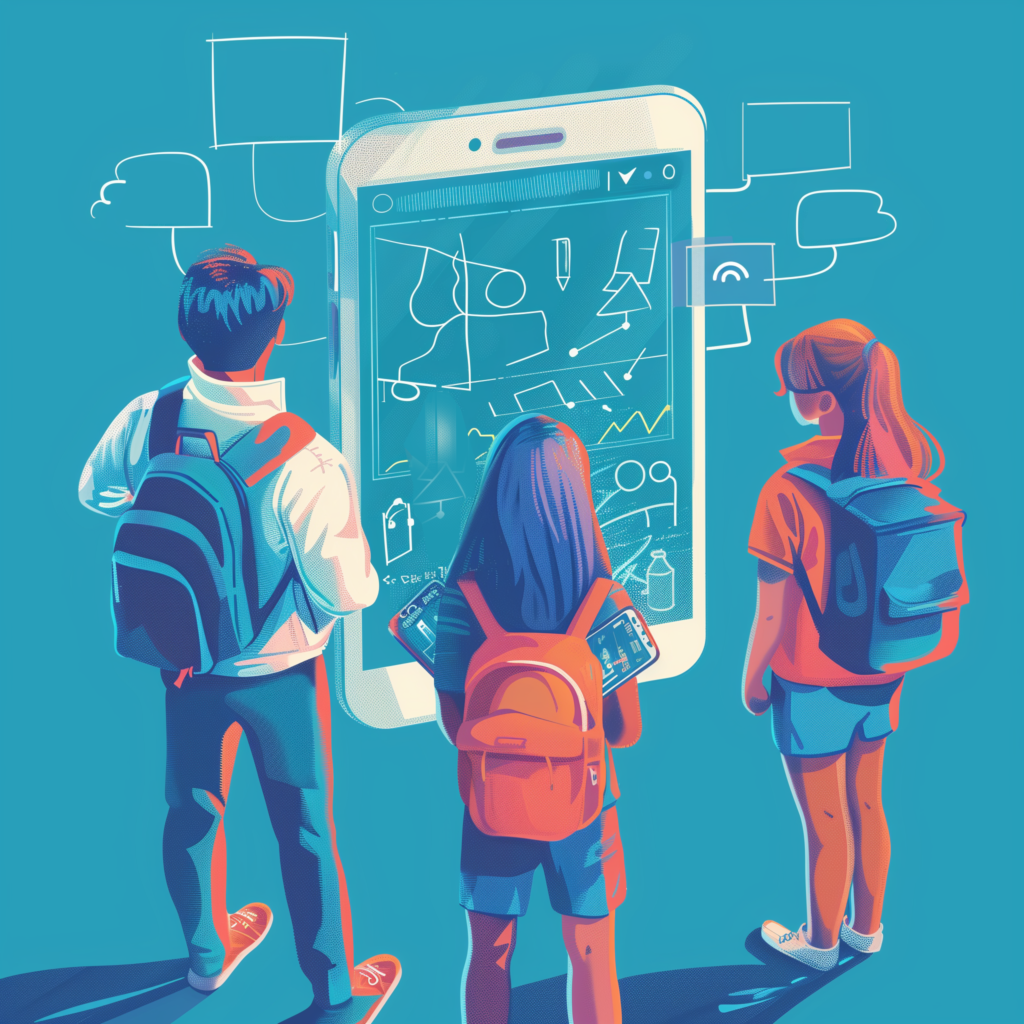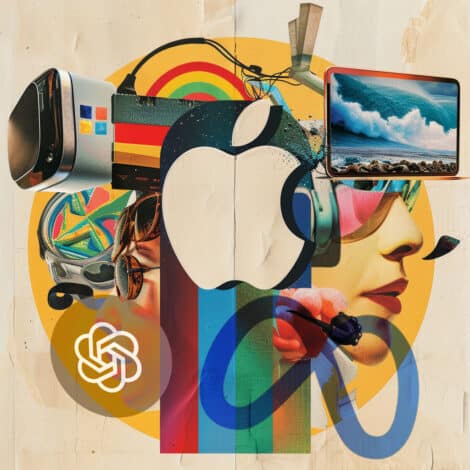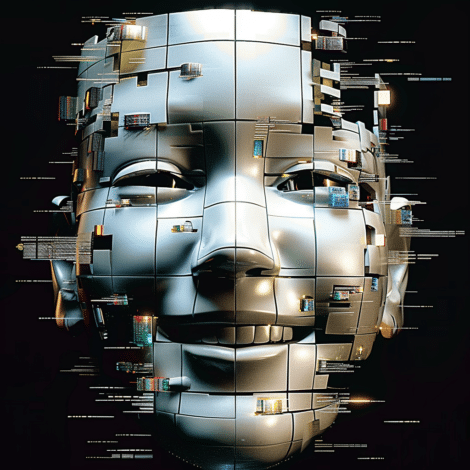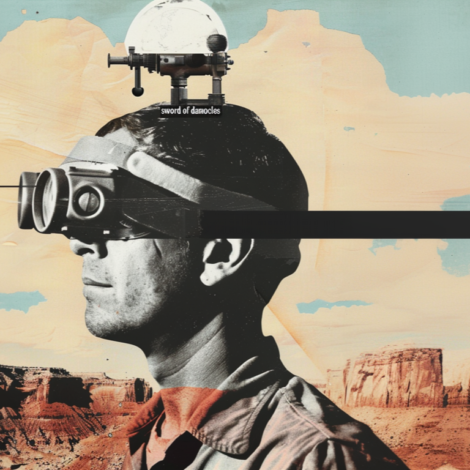
Technology in Education: How are we preparing Future Generations?
By Darius E. V.
In the vast universe of education, where each star represents an opportunity for learning, technology has burst forth like a bright and disruptive comet. In a world where artificial intelligence (AI) and virtual reality (VR) are no longer mere science fiction concepts but tangible and powerful tools, a fundamental question arises: are we truly prepared to educate future generations?
The speed at which technology is advancing is dizzying. In just the last decade, we have seen artificial intelligence (AI) transition from being a laboratory curiosity to an omnipresent presence in our daily lives. Virtual assistants like Siri and Alexa are already part of our homes, and AI applications are revolutionizing fields as diverse as medicine, transportation, and, of course, education. However, in countries like Spain, the adoption of these new educational paradigms is still lagging behind.
Mariano Yacovino, Director of Education at Microsoft in Argentina, comments: "Artificial intelligence promises to change the labor and educational markets in ways that we are only beginning to understand. However, the key lies in preparing our students to adapt to these continuous changes." It's not just about equipping classrooms with modern devices but redefining the way we conceive the teaching and learning process.
Virtual reality, for example, offers immersive experiences that can completely transform learning. Imagine a history student walking through ancient Rome, not as a passive reader, but as an active explorer. This technology has the potential to make learning not only more engaging but also more effective. However, its implementation is still uneven and limited to certain cutting-edge centers.
The AI, on the other hand, promises to personalize education like never before. Intelligent systems can analyze the progress of each student, identify areas for improvement, and suggest resources tailored to their individual needs. However, the reality is that in many classrooms, traditional methods are still employed that do not harness these capabilities.
Resistance to change is a common and understandable phenomenon. Teachers, accustomed to conventional methods, may feel overwhelmed by the need to adapt to new technologies. Additionally, the infrastructure in many schools is inadequate to support this digital transformation. The lack of specific training for educators and the digital divide are significant obstacles.
Albano de Alonso Paz, teacher and member of the DIME Collective of Teachers for Inclusion and Educational Improvement, points out: "Schools cannot ignore this, but rather have a historic opportunity to educate their students in the ethical and safe use of this technology, starting from the most basic levels." (El País)In this line, emotional education and computational thinking are areas where technology can make a big difference, as evidenced by CEIP Gumersindo Azcárate in León, which has integrated these skills into their educational plan with excellent results. (El País).
As a father of two young children, I can't help but worry about the educational future that awaits them. I want them to have access to the best tools and methodologies available, to be prepared for a constantly changing world. But I am also aware that technology, if not used thoughtfully and purposefully, can be more of a distraction than a help.
In conclusion, we are at a crucial crossroads. Technology has the potential to revolutionize education, but we must approach it with a well-defined strategy and genuine commitment to overcome challenges. As Albano de Alonso Paz said, "we have a huge opportunity to teach our students to make good use of it." (El País).
We still have time to prepare our future generations. But, are we willing to do it?
LASTEST POSTS

The protagonists of the Digital Revolution
"In the 21st century, artificial intelligence and virtual reality are reshaping our daily lives. Companies like OpenAI, Meta, and Apple are leading this revolution"

AI & RV: Transforming industries and experiences
"The fusion of these technologies transforms education, real estate, teamwork, shopping, and much more."

The First Steps of Virtual Reality: A Trip To the Future
"Virtual reality has advanced since the 1960s, with current significant investments from tech giants and complementing AI."
